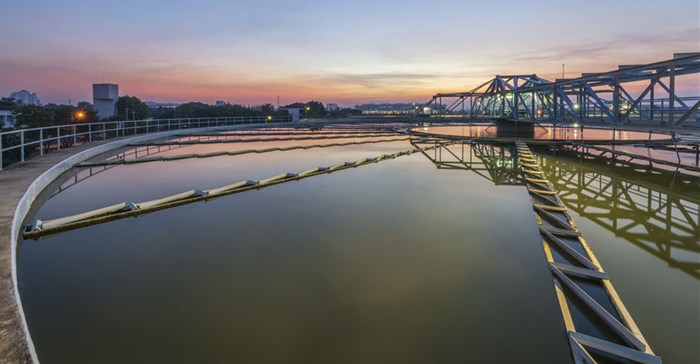Two-thirds of humanity currently live in zones that experience water scarcity at least one month a year. Half of those people are in China and India. Water is the most important shared resource across all supply chains, yet wastewater is the largest untapped waste category we have globally. With water scarcity spreading and intensifying in many regions, we need to change our attitude and how we view water, but this must happen immediately given the urgency of the situation.
The UN Environment Programme forecasts that water demand, for industry, energy and an extra billion people, will increase 50% by 2030.
How can communities and business assist to alleviate this problem?
While we have made great strides in terms of access to water and using technology and innovation, the country is still faced with the challenge of limited access to water. Severe drought has led to five out of our nine provinces being declared disaster areas. Cities are starting to impose water restrictions on communities.
Water scarcity affects the economy, society, and the environment. Many experts have claimed that wasteful treatment of water results from dysfunctional political or economic systems and ill-defined markets. However, one of the main issues is that water has been pushed into a linear model in which it becomes successively more polluted as it travels through the system, making future use impossible.
In the water sector, a circular economy approach will mean reusing water constantly, imitating the way the natural water cycle works. The circular economy approach offers promising new perspectives to develop a social and economic dynamic, where population and economic growth are balanced with environmental protection.
Leak-less valve
An example of how innovation and technology can be used is seen through a young South African entrepreneur, Paseka Lesolang, the founder of Water, Hygiene and Convenience. He developed a toilet system known as the "leak-less valve" that stops the inflow of water into a cistern. During his research, he found that a leaking toilet can waste anything between 20 to 700 litres of water a day. That is equivalent to seven bathtubs of water. The technology he developed saves 140 litres of water a day per house and conserves water resources.
We no longer have a choice. Daily, we are pushed towards the circular model due to increasing scarcity and pollution of natural resources, compounded by the growing environmental consciousness of citizens, governments and companies. In order to achieve this, we need to change our thinking and address these issues collaboratively.
Circular water economy
Having seen how the circular economy model has benefited the South African economy and essentially dealt with the waste tyre problem, I believe that the shift to a circular water economy holds much promise. It would replace scarcity with abundance and greatly reduce the resources needed to run our global water infrastructure.
Moving away from the traditional consumption models requires an increase in recycling and reuse of materials, including water. A circular water economy might even eliminate rapidly growing clean-up costs because no harmful substances would be added to the water supply. If we do not act now, by 2050 at least one in four people are likely to live in a country affected by chronic or recurring shortages of fresh water - a harsh reality to live with.











































